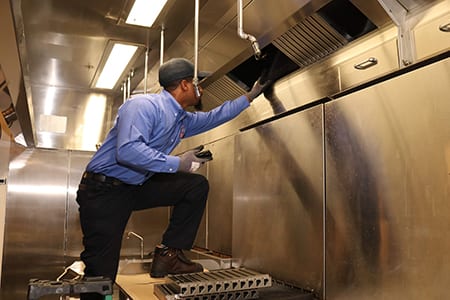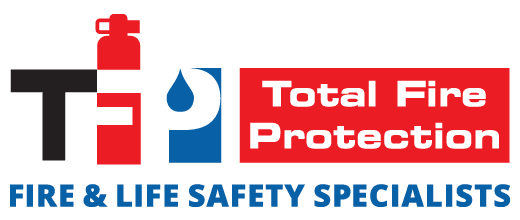 Commercial kitchens are naturally prone to fires. In fact, the majority of building fires begin in the kitchen, primarily because of the presence of gas lines and nearby grease. A fire suppression system is of utmost importance in your commercial kitchen, but the system should be designed specifically for your space. Below, we’ll go over everything you need to know about what a suppression system entails and how to choose the best one for your needs.
Commercial kitchens are naturally prone to fires. In fact, the majority of building fires begin in the kitchen, primarily because of the presence of gas lines and nearby grease. A fire suppression system is of utmost importance in your commercial kitchen, but the system should be designed specifically for your space. Below, we’ll go over everything you need to know about what a suppression system entails and how to choose the best one for your needs.
The Basics of a Kitchen Fire Suppression System
There are two primary things that need to be included in your kitchen fire suppression system.
The first is a system to shut the gas valve on the line that delivers natural gas to your appliances. This will reduce the chance of explosion.
The second is a series of sprinklers or nozzles that emit a fire suppression solution designed to slow or extinguish grease fires.
Many systems also include a third trigger that will activate your vent hoods to remove smoke from the flames below.
What Are They Used For
As you can probably guess, commercial kitchen fire suppression systems are used to detect fires, limit the chances of spreading, and extinguish or significantly suppress the flames.
How Do They Work
Since fires need fuel and oxygen to thrive, the fire suppression system works by limiting both.
The first trigger that shuts the gas flow into the kitchen will deprive the fire of an immense amount of fuel. The solution that gets sprayed from the sprinklers is designed to smother the flames and deprive them of oxygen.
How to Select the Right One for Your Business
Most commercial kitchens include many of the same appliances and have similar set-ups, but there are some differences that make certain suppression systems better for your space than others. Most can be installed in your existing vent hoods and connected to your gas lines, so customization can be relatively straightforward. You’ll just want some professional help to determine the safest and most effective option for your particular kitchen.
Fire suppression systems are essential for all commercial kitchens. They can help limit the risk of property damage, loss of business, personal injury, and harm to you, your customers, and your employees. Contact one of our highly-trained experts for guidance or information on choosing a new system or maintaining your existing one.




